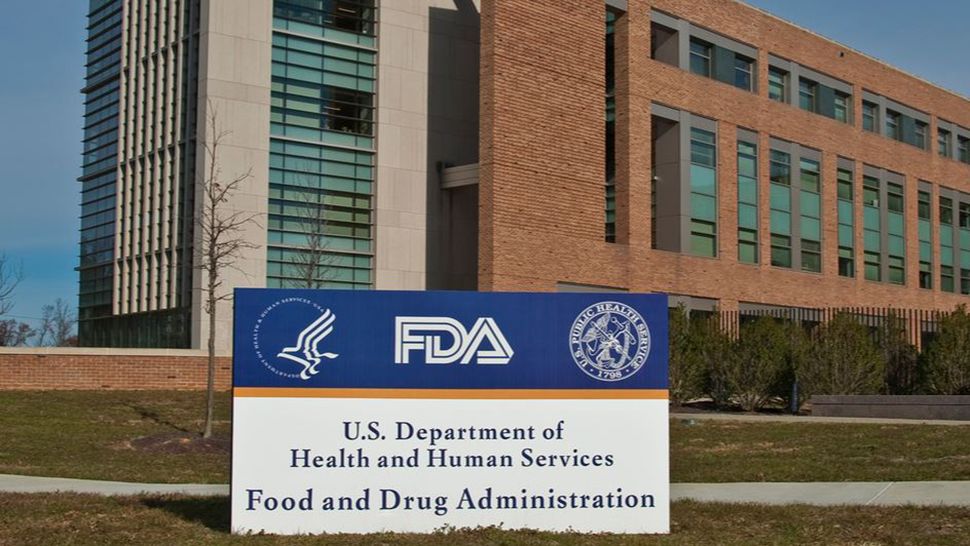NATIONWIDE — The United States Food and Drug Administration wants to help keep consumers informed during the coronavirus pandemic and is answering some frequently asked questions dealing with blood donation and protective masks.
Q: What steps are being taken to protect the U.S. blood supply from SARS-CoV-2, the virus that causes COVID-19?
A: Blood donors must be healthy and feel well on the day of donation. Routine blood donor screening measures that are already in place should prevent individuals with respiratory infections from donating blood. For example, blood donors must be in good health and have a normal temperature on the day of donation.
Donors are instructed to contact the donor center if they become ill after donation, so that their blood or plasma will not be used. Even in cases where a donor developed COVID-19 after donation, however, there have been no cases of COVID-19 linked to blood or products made from blood collected from donors who developed COVID-19 after giving blood.
The FDA has provided additional information to blood establishments on its website.
Q: Is it safe for me to donate blood during the coronavirus pandemic?
A: If you are healthy and interested in donating blood, the FDA encourages you to contact a local donation center to make an appointment. One way to make a difference during a public health emergency is to donate blood if you are able.
- AABB: www.aabb.org; 1-301-907-6977
- America’s Blood Centers: www.americasblood.org
- American Red Cross: www.redcrossblood.org; 1-800-RED CROSS (1-800-733-2767)
- Armed Services Blood Program: www.militaryblood.dod.mil; 1-703-681-8024
Q: What is convalescent plasma and why is it being investigated to treat COVID-19?
A: Convalescent plasma is the liquid part of blood that is collected from patients who have recovered from the novel coronavirus disease, COVID-19, caused by the virus SARS-CoV-2. COVID-19 patients develop antibodies in the blood against the virus. Antibodies are proteins that might help fight the infection. Convalescent plasma is being investigated for the treatment of COVID-19 because there is no approved treatment for this disease, and there is some information that suggests it might help some patients recover from COVID-19. Further investigation is still necessary to determine if convalescent plasma might shorten the duration of illness, reduce morbidity, or prevent death associated with COVID-19.
Q: I recently recovered from COVID-19, can I donate convalescent plasma?
A: COVID-19 convalescent plasma must only be collected from recovered individuals if they are eligible to donate blood. COVID-19 convalescent plasma can be collected from individuals who have had a prior diagnosis of COVID-19, which is documented by a laboratory test, and who meet other qualifications. For example, individuals must have fully recovered from COVID-19, with complete resolution of symptoms for at least 28 days before donation of convalescent plasma. You can ask your local blood center if there are options to donate convalescent plasma in your area. The FDA included contact information for blood organizations in its March 19, 2020, statement on blood donations.
Q: Should I wear a face covering or face mask when I go out in public?
A: CDC recommends wearing cloth face coverings in public when other social distancing measures are difficult to maintain (e.g., grocery stores and pharmacies) especially in areas of significant community-based transmission of the coronavirus. The purpose of wearing cloth face coverings in public is to slow the spread of the virus and help keep people who may have the virus and do not know it from transmitting it to others.



